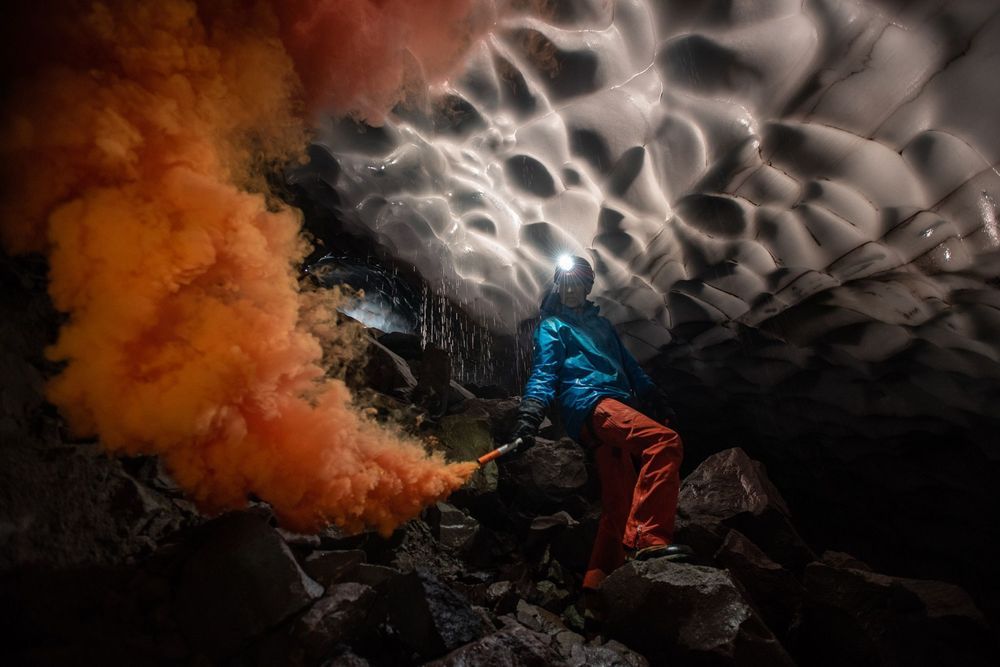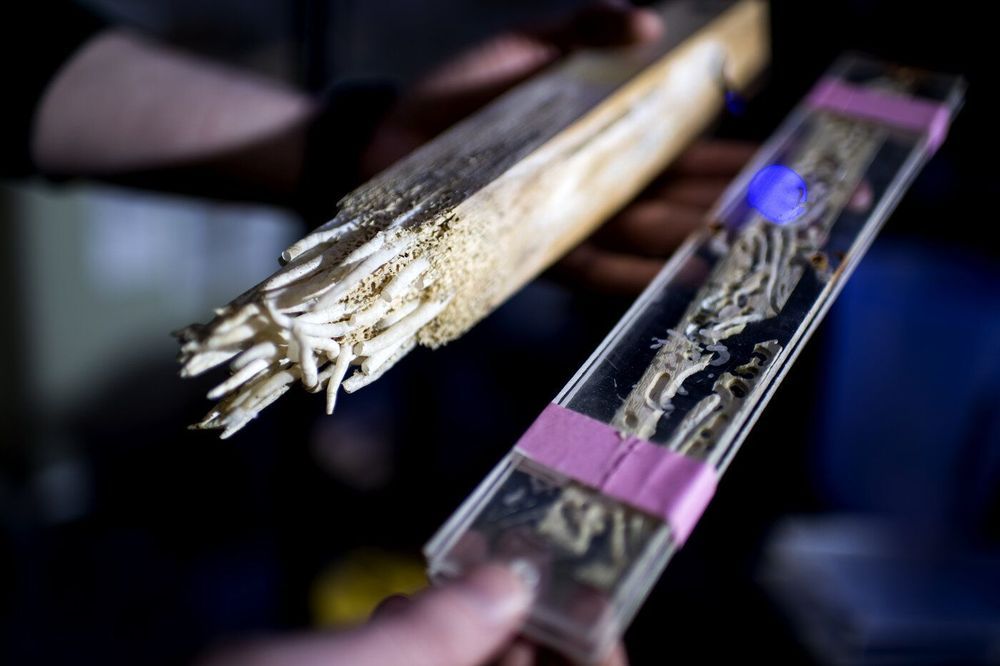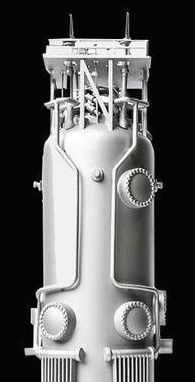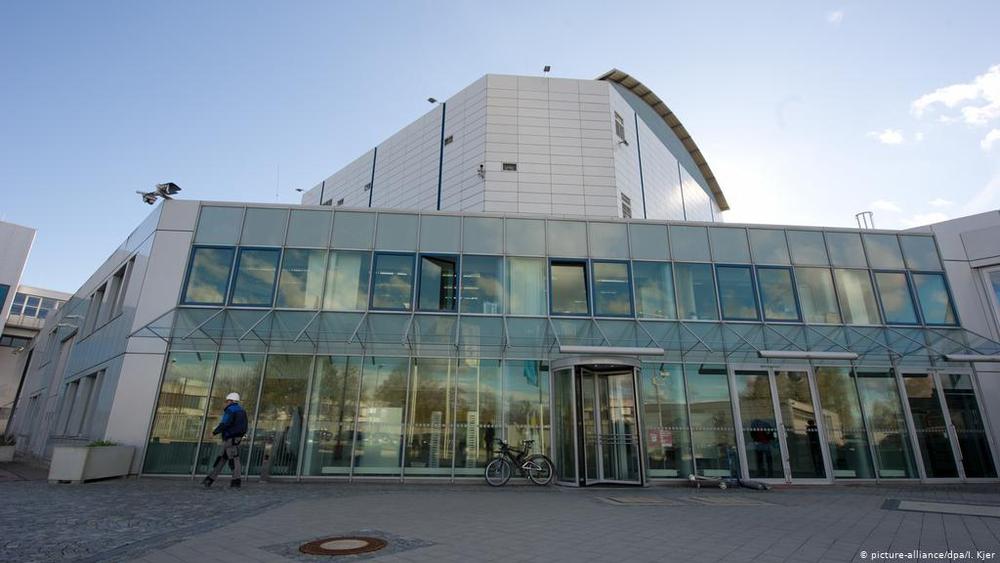After the 1980 eruption, a glacier formed in the shadows inside the crater. Scientists—and our photographer—have explored its icy depths.



They stranded Christopher Columbus in Jamaica. They brought down the Spanish Armada. They sent San Francisco’s piers crumbling into the sea.

AURORA, Colo. (KDVR) — A man has been charged with attempted murder for allegedly shooting a Waffle House employee in Aurora one night after being asked to wear a face covering inside the restaurant.
Kelvin Watson, 27, was arrested Monday morning by the Aurora Police Department on a charge of attempted first-degree murder.
Employees at the Waffle House at 12880 E. Mississippi Ave. told police that Watson came to the restaurant shortly after midnight on May 14 and was not wearing a mask, according to an arrest affidavit. A waitress told Watson he needed to have a mask on or he could not be served, the court document says. The restaurant was offering carry-out orders.


In the near future, we will have manned drones going at blistering speeds and doing crazy aerobatic stunts.




While many of us use social media to be tickled silly by cat videos or wowed by delectable cakes, others use them to discover new species. Included in the latter group are researchers from the University of Copenhagen’s Natural History Museum of Denmark. Indeed, they just found a new type of parasitic fungus via Twitter.
It all began as biologist and associate professor Ana Sofia Reboleira of the National Natural History Museum was scrolling though Twitter. There, she stumbled upon a photo of a North American millipede shared by her US colleague Derek Hennen of Virginia Tech. She spotted a few tiny dots that struck her well-trained eyes.
“I could see something looking like fungi on the surface of the millipede. Until then, these fungi had never been found on American millipedes. So, I went to my colleague and showed him the image. That’s when we ran down to the museum’s collections and began digging,” explains Ana Sofia Reboleira.